Greece, Turkey agree to reboot relations during Erdoğan's visit to Athens
During Turkish President Erdoğan's visit to Greece, the longstanding adversaries agreed to prioritize good neighborly relations, maintain open channels of communication, increase trade volumes, and address issues that have caused tensions, particularly in the Aegean Sea. As a sign, Greece re-established an automatic visa system for Turkish nationals to visit 10 of its islands.
Reuters
Greece and Turkey on Thursday agreed to reboot their relations, establishing a roadmap designed to usher in a new era of closer ties between the two NATO allies but historical foes.
In a landmark visit of Turkish President Recep Tayyip Erdoğan to Greece, the longtime sparring partners agreed to focus on pursuing good neighborly relations, keep open channels of communication, seek military confidence-building measures to eliminate sources of tension, boost trade volumes and work on issues which have kept them apart, notably in the Aegean Sea.
"There is no issue between us that is unsolvable. So long as we focus on the big picture and don't end up being like those who cross the sea and drown in the river," Erdoğan said after a meeting with Greek Prime Minister Kyriakos Mitsotakis in Athens.
"We want to turn the Aegean into a sea of peace. Through the joint steps we will take as Turkey and Greece, we want to be an example to the world," he added.
After customary verbal jousting over recent years, chilly relations between the two neighbors thawed markedly after Greece swiftly dispatched aid in the wake of a devastating earthquake in Turkey in February.
By Greco-Turkish standards, Thursday's summit was a remarkable lovefest without precedence, and a far cry from Erdoğan's last visit in 2017 where both sides reeled off a litany of historical grievances stretching back to the crumbling days of the Ottoman Empire over a century ago.
The meeting of Mitsotakis and Erdoğan went on longer than anticipated, and Mitsotakis addressed Erdoğan as "Dear Tayyip." Erdoğan said he expected to receive Mitsotakis in Ankara.
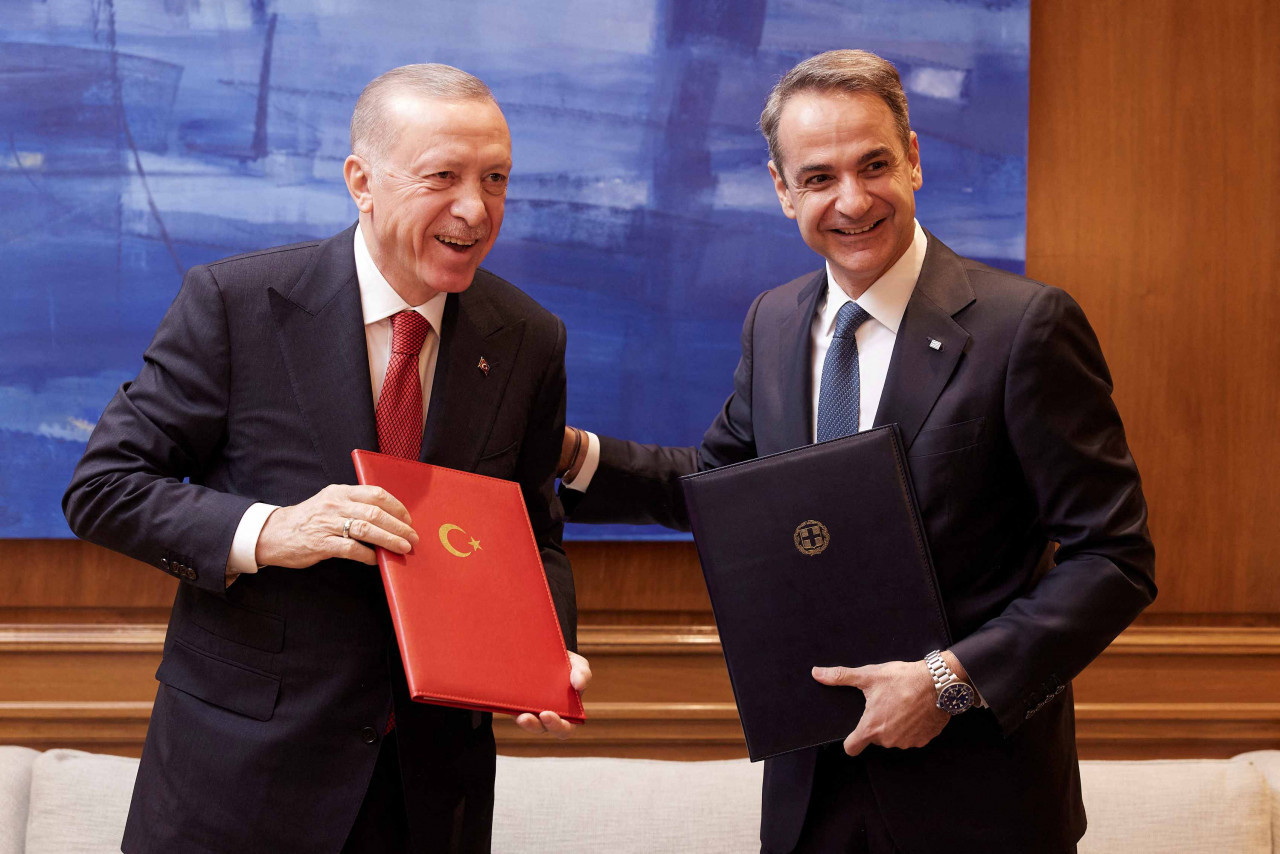
The NATO allies want to raise bilateral trade volume to $10 billion from $5 billion, while Erdoğan said both countries could benefit from high-level meetings held annually.
"Geography and history has dictated that we live in the same neighborhood ... But I feel a historical responsibility to utilize this opportunity to bring the two states side-by-side, just as our borders are," Mitsotakis said.
Greece and Turkey have long been at odds over issues including where their continental shelves start and end, energy resources, flights over the Aegean Sea, and the ethnically partitioned island of Cyprus
But both countries want to demonstrate that they are willing to repair their relations.
Turkey has been seeking EU membership for more than two decades. Since being re-elected in May in a tight vote amid an economic crisis, Erdoğan has said Turkey remains committed to improving relations with its Western partners and allies.
Ankara has been working to draw foreign investors back, while mending fences with regional and Western actors, an issue that has long impacted the Turkish economy.
Following a debt crisis that rocked the euro currency zone, Greece aims to regain its footing and appear as a pillar of eastern Mediterranean stability in a geopolitical environment changing due to the war in Ukraine and the Gaza conflict.
On Dec. 7, Greece re-established an automatic visa system for Turkish nationals to visit 10 of its islands.
Mitsotakis said meetings would continue and a further step in the relaunched bilateral dialogue could be coming closer to a deal to demarcate continental shelves and related economic exploitation zones (EEZ) - when conditions allow.
An offshore EEZ could be a precursor to exploration of oil or gas. Further east, towards Israel, the eastern Mediterranean basin has yielded some of the world's largest natural gas finds in recent years.
The two countries came to the brink of war in the 1990s, and in recent years have argued over energy resources in the Eastern Mediterranean, defense issues, migration and the acquisition of fighter jets, which interrupted cooperation talks.
But "earthquake diplomacy" - recalling another thaw under similar circumstances in 1999 - appears to have turned the tide, again.
Striking an upbeat tone, Erdoğan said Turkey and Greece should focus on the positives, and less on the negatives.
"It will be much more beneficial for the future if we look at things from a glass half-full perspective," Erdoğan told Greek President Katerina Sakellaropoulou.
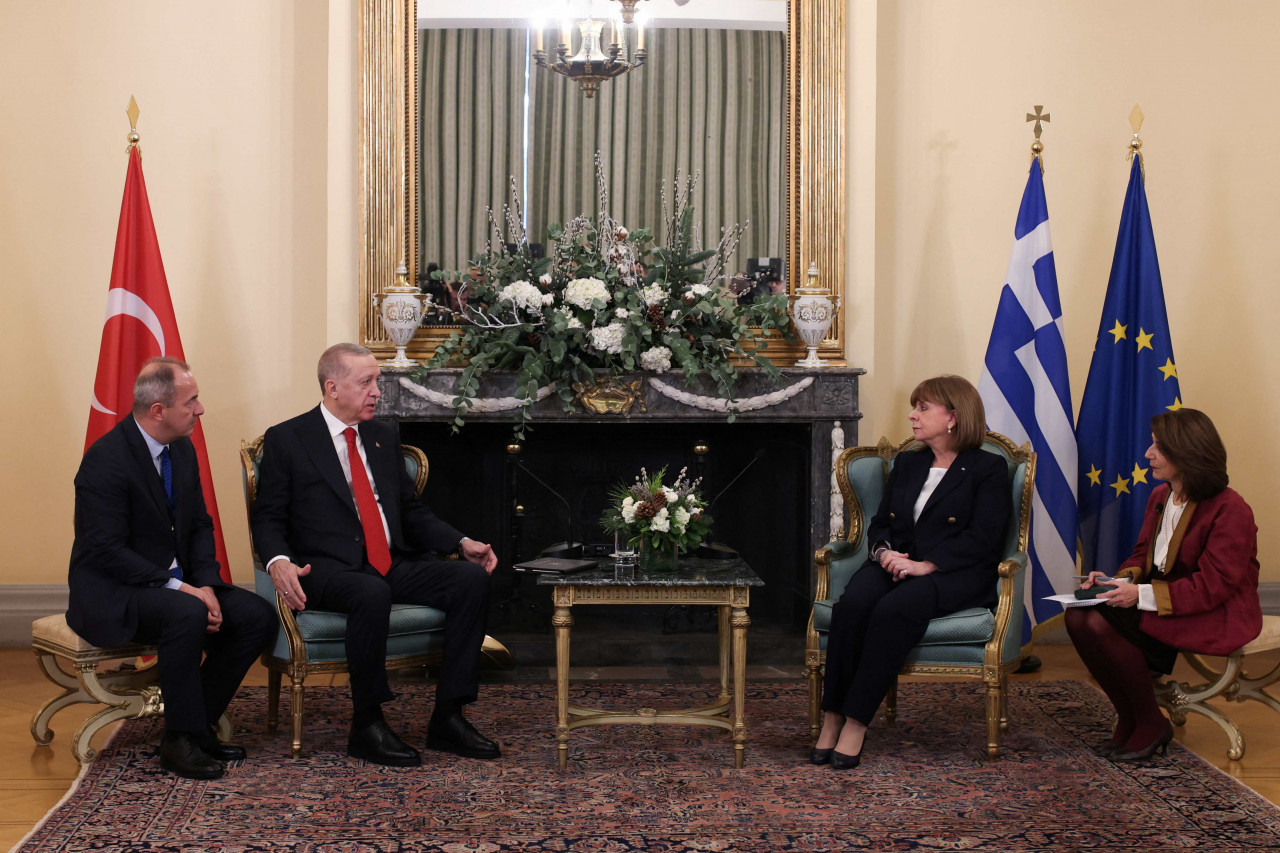

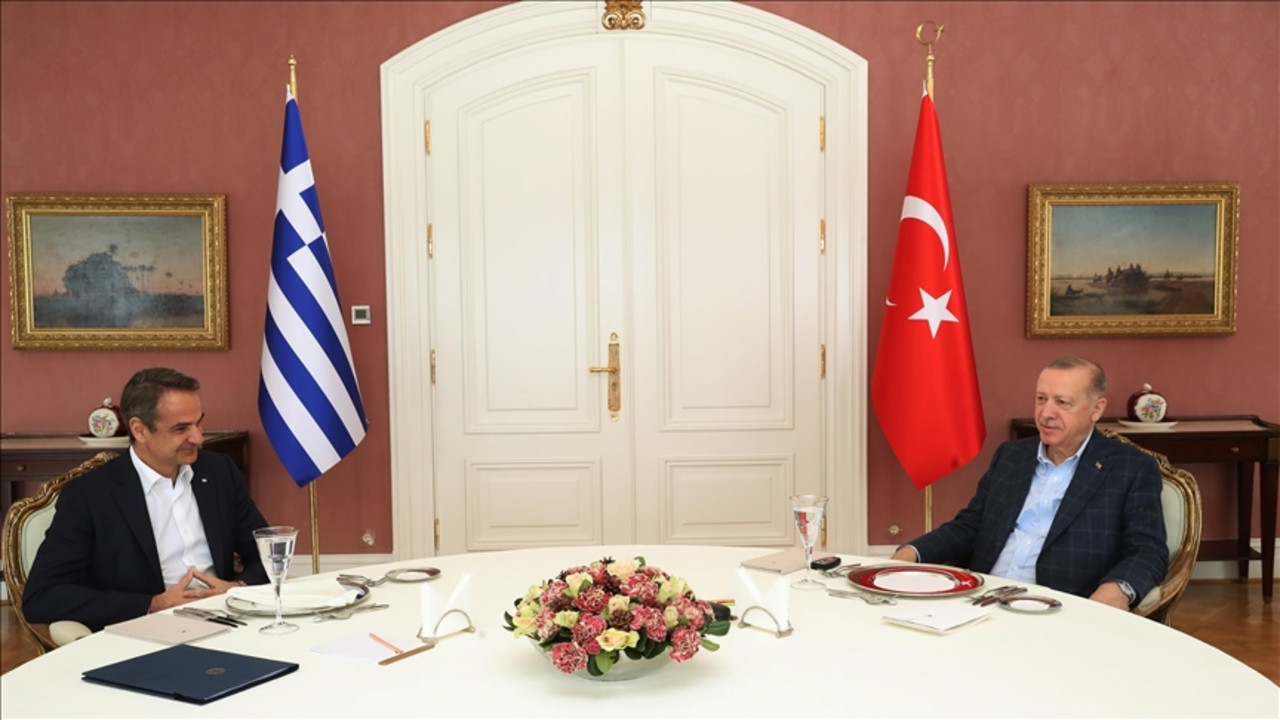 Turkey's Erdoğan urges strengthened trust between parties ahead of Greece visitDiplomacy
Turkey's Erdoğan urges strengthened trust between parties ahead of Greece visitDiplomacy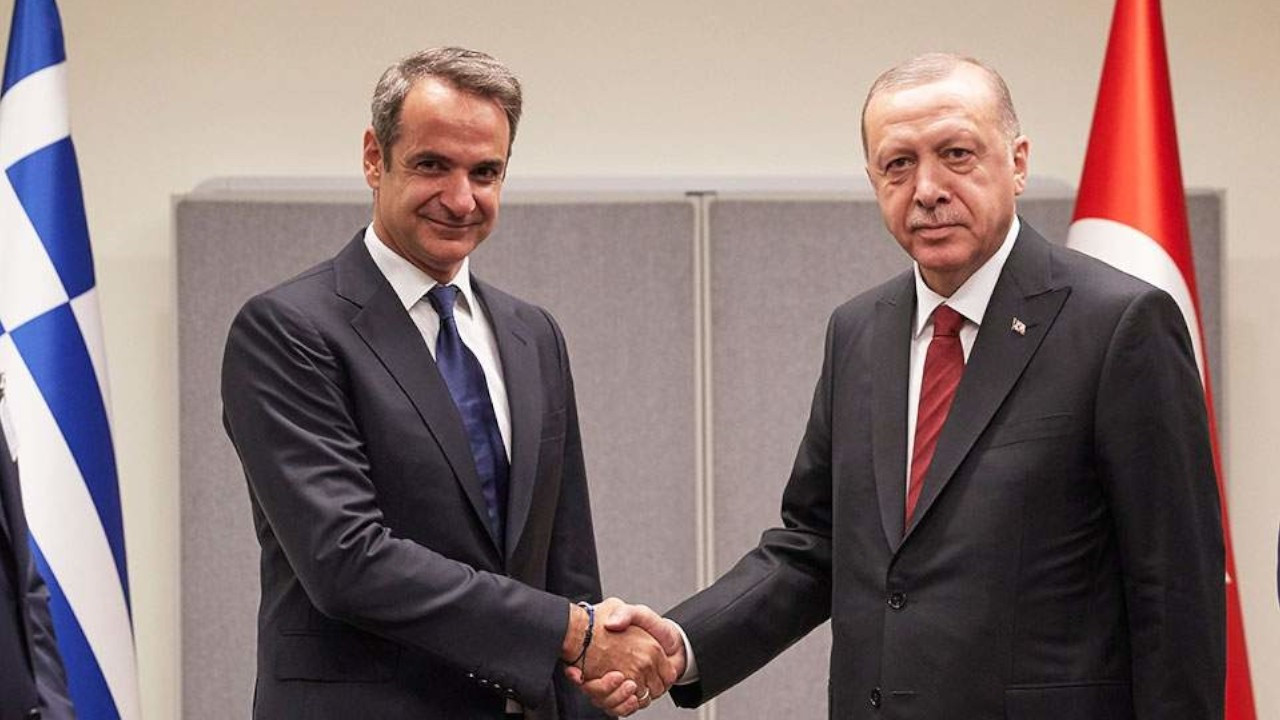 Greece would say 'yes' to a Mitsotakis-Erdoğan meeting if Turkey askedDiplomacy
Greece would say 'yes' to a Mitsotakis-Erdoğan meeting if Turkey askedDiplomacy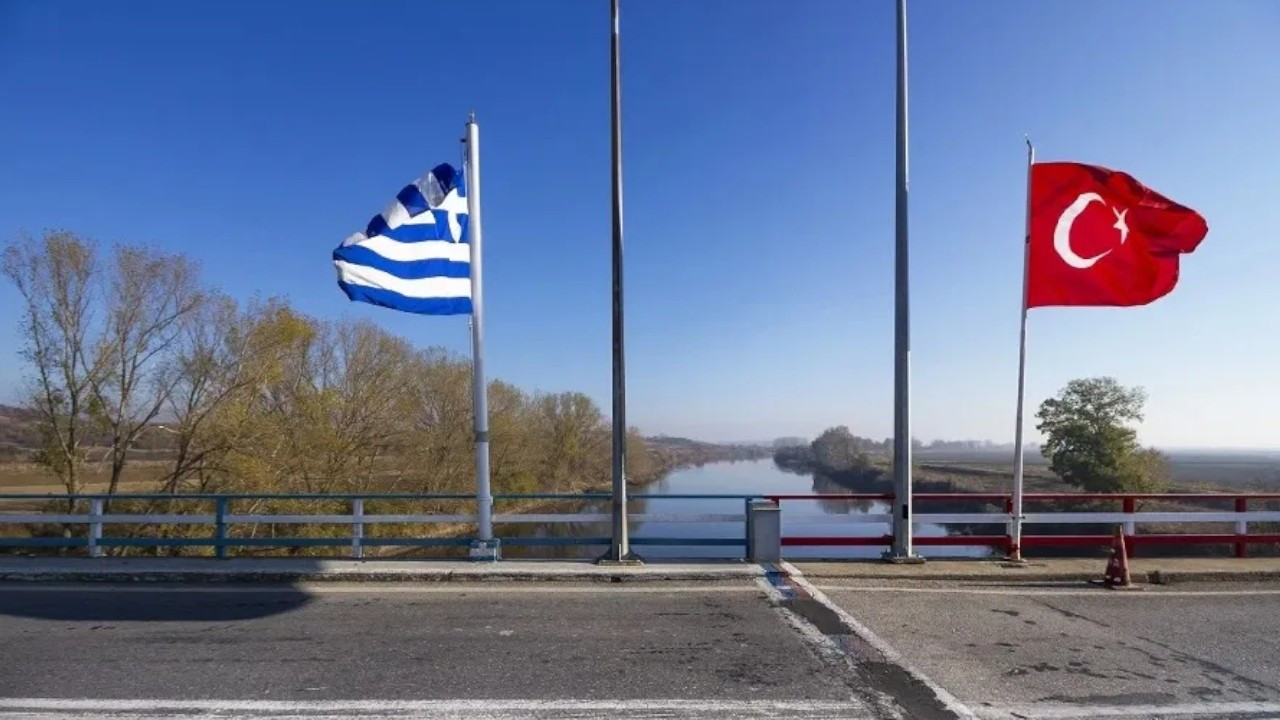 Greek authorities say they monitor Turkey's 'hysterical rhetoric'Diplomacy
Greek authorities say they monitor Turkey's 'hysterical rhetoric'Diplomacy